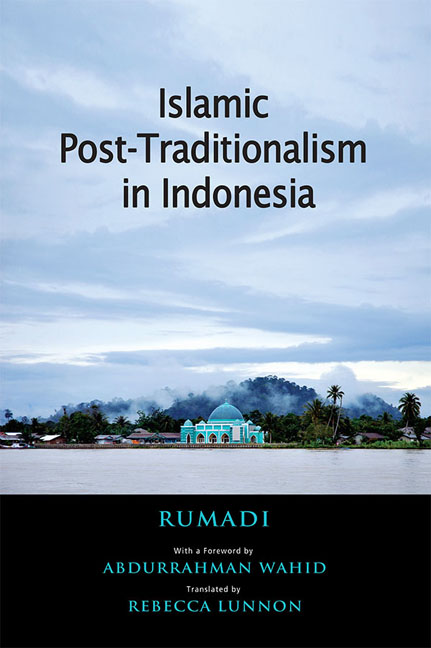Summary
POST-TRADITIONALISM IN NU?
In this book, the predicate “post-traditionalist” is applied to anyone who desires change within Nahdlatul Ulama (NU). This of course is inherently problematic and must be resolved immediately. However, there is one aspect in the history of NU's foundation that Dr Rumadi does not cover, namely the dialogue between Islam and nationalism, which has been around since before NU was established.
In all his enthusiasm, Rumadi has the tendency to take anything that appears as a “deviation” from old traditionalism, and consider it part of the student revival that is needed today. This attitude, of viewing posttraditionalism as the essence of NU “revival”, is frankly quite dangerous because it can be easily misused.
In fact, there is also a “revival” of older parties to strengthen this old traditionalism, including within NU, in reaction to the attitude that rejects tradition. This does not complement or serve post-traditionalism, but rather opposes it. The most obvious example of this is the emergence of figures such as KH Ma'ruf Amin and KH Sahal Mahfudz. They do not lead NU to “oppose” traditionalism; instead, they uphold traditionalism but in “deviation” to other parties who hold to the old traditionalism. How do we explain the attitude of the Indonesian Council of Ulama (MUI), which is so quick to deem others deviant? Is it not so that this leads to the religious formalism that NU has fought against from the very beginning? Rumadi does not explain this issue. This could well encourage others to consider all NU members as post-traditional.
Thus, it is clear that within NU there is also a denial of the creative dialogue between Islam on the one hand and nationalism on the other. So where then do we place people like Bung Karno, let alone our friends in dialogue such as KH M. Hasjim As'yari and NU kyai in general who are not usually considered? And what of the Mecca chapter of Syarikat Islam that was established in 1913 and went on to inspire a number of efforts to enforce religious traditionalism, but also freed religion from stagnation? What do we label it?
- Type
- Chapter
- Information
- Islamic Post-Traditionalism in Indonesia , pp. vii - xPublisher: ISEAS–Yusof Ishak InstitutePrint publication year: 2015



